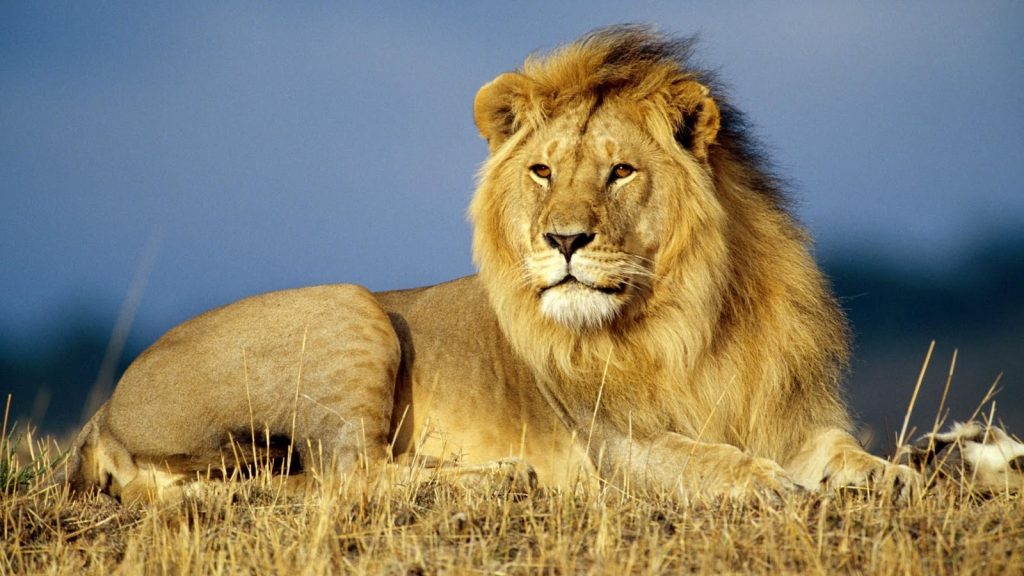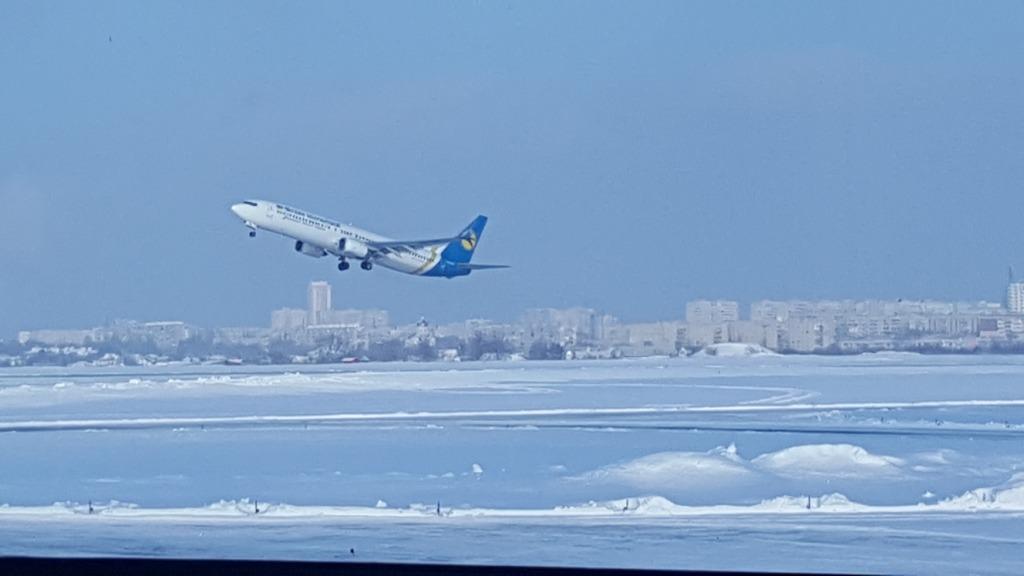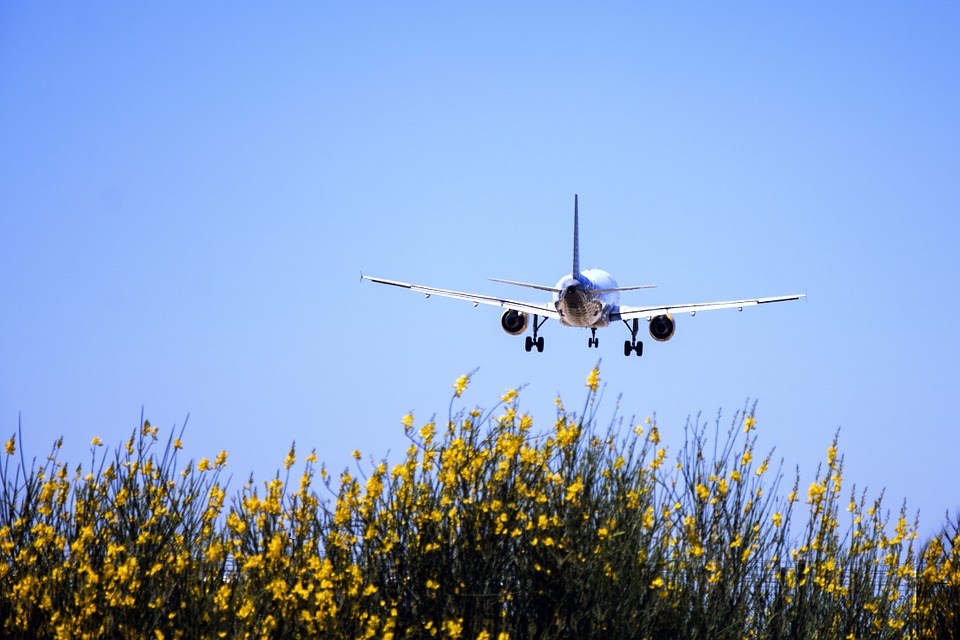Adventure Travel Trade Association (ATTA), American Society for Travel Agents (ASTA), and Cruise Lines International Association (CLIA), announced today they will be working to help travelers recognize and avoid purchasing the illegal wildlife products that are decimating global populations of elephants, rhinos, tortoises and other endangered species. These actions support the mission of the U.S. Wildlife Trafficking Alliance (the Alliance), a public-private partnership in which corporate and non-profit member organizations, including WildAid and World Wildlife Fund (WWF), work together with governmental entities to raise awareness about the dangers of wildlife trafficking and to stop consumer demand for endangered species products. Together, the Associations serve more than 25 million travelers annually.
 The announcement comes as the Alliance releases its “Know Before You Go / Ask Before You Buy” digital toolkit, which provides travel and tourism industry leaders with resources they can use to engage travelers in the fight to stop wildlife trafficking. The toolkit materials were developed through the Alliance coalition that includes travel companies, non-profit leaders WildAid, WWF, and TRAFFIC, Discovery Communications, and the U.S. Fish & Wildlife Service. The toolkit includes educational pamphlets, public service announcements, and infographics, that highlight the importance of ending demand for illegal wildlife products with beautiful and powerful imagery.
The announcement comes as the Alliance releases its “Know Before You Go / Ask Before You Buy” digital toolkit, which provides travel and tourism industry leaders with resources they can use to engage travelers in the fight to stop wildlife trafficking. The toolkit materials were developed through the Alliance coalition that includes travel companies, non-profit leaders WildAid, WWF, and TRAFFIC, Discovery Communications, and the U.S. Fish & Wildlife Service. The toolkit includes educational pamphlets, public service announcements, and infographics, that highlight the importance of ending demand for illegal wildlife products with beautiful and powerful imagery.
As new members of the Alliance, CLIA and ASTA have made commitments to distribute wildlife trafficking educational material to its member companies, encourage members to adopt policies that support the Alliance’s mission, and lend the voice of their vast networks to speak on this critical issue. ATTA made similar commitments to the Alliance last spring. All three Associations have shared the toolkit to their member travel companies—a critical sector in the fight against wildlife trafficking—to educate travelers on how to avoid purchasing illegal wildlife products and do their part to stop the demand that fuels poaching and threatens endangered species.
Efforts in the travel industry come at a critical time, as wildlife around the world are under threat. From climate change to habitat loss, animals around the world are suffering steep population declines. But in the last decade, illegal poaching has been pushing endangered animals to the brink of extinction. An unprecedented global demand for exotic wildlife products has triggered an industrial-scale killing spree of endangered species like elephants, rhinos, tigers and other endangered animals. Wildlife trafficking is a multi-billion dollar criminal industry. Money from the illegal wildlife trade has been linked to organized crime, drug lords, gangs, and corrupt governments—all at the expense of wild animals, the environment, and our national security.
As animals disappear from the wild, the opportunity to view them decreases—creating a domino effect that is rippling across the travel and tourism industry. Ensuring animals remain in the wild is not only good for the wildlife and ecosystems, but it’s also good for business.
“It is exciting to see the U.S. travel industry step up and use their deep relationships with the traveling public to raise awareness about the global wildlife trafficking crisis and give unsuspecting travelers the tools to make good buying decisions,” said David J. Hayes, Chair of the U.S. Wildlife Trafficking Alliance. “The Alliance applauds ATTA, ASTA, and CLIA for its socially responsible leadership, in concert with the non-profit and government sectors, in working to close down the illegal wildlife markets that are fueling the senseless killing of endangered species around the globe.”
Cindy A’Doust, President and CEO, CLIA, said “CLIA has been actively engaged in efforts to reduce or eliminate trade in illegal wildlife, and we are excited to continue those efforts by joining the U.S. Wildlife Trafficking Alliance. CLIA is proud to increase awareness among crew and the more than 25 million passengers that will sail this year. In the coming months, we will be sharing the cruise industry’s perspective on reaching and educating the public, and we look forward to working with other leaders in the travel and tourism industry on this important global issue.”
“Our planet’s wildlife is disappearing at a devastating rate as poachers meet consumer demand for exotic wildlife products,” said ATTA president Shannon Stowell. “Much of this trade takes place abroad, where travelers may encounter unfamiliar objects and be unaware that they are contributing to the problem. By educating travelers and tour operators about what to watch for, commitments like these can ensure that consumers make educated purchasing decisions and help stop the demand for illegal animal products. This new partnership represents a natural extension of the work of the Alliance and our ongoing partnership with WWF to promote ecologically-friendly choices and raise public awareness.”
“The travel and tourism industry has a unique ability to reach millions of people around the world and show them how they can be part of the solution to end wildlife trafficking,” said Zane Kerby, CEO, ASTA. “The Alliance toolkit gives industry leaders a step-by-step guide for educating travelers about the potential pitfalls they can encounter while shopping overseas. By buying informed, we can all work together to protect these treasured species for the benefit or our planet, our security, and future generations.”
“The illegal and unsustainable trade of wildlife is devastating species across the globe, from tigers, to sea turtles, to elephants,” said Jim Sano, WWF Vice President of Travel, Tourism and Conservation. “We can only stop wildlife crime if everyone plays their part. The travel and tourism industry with its unmatched global reach and influence, can make an enormous impact in helping end this scourge.”
“We’re pleased with the effort to inform travelers about the impacts of the illegal wildlife trade and helping to persuade them not to buy wildlife products,” said John Baker, managing director of WildAid.
“Governments and organizations around the globe are collaborating in unprecedented ways to combat wildlife trafficking. Powerful as these efforts are, the real power – and the hope for elephants, rhinos, tigers and other treasured wildlife on the brink – lies in the hands of consumers,” said Bryan Arroyo, Assistant Director of the U.S. Fish & Wildlife Service’s International Affairs Program. “Educating travelers, so they don’t unwittingly contribute to the poaching and wildlife trafficking epidemic, is vital to ending this grave threat to our planet’s most precious legacy.”
Over the past year, the Alliance’s network of partners has expanded across the corporate and nonprofit sectors, including leading companies in travel and tourism, e-commerce, fashion and jewelry, communications, non-governmental organizations, and other sectors. A full list of Alliance members and corporate commitments is available at uswta.org.




